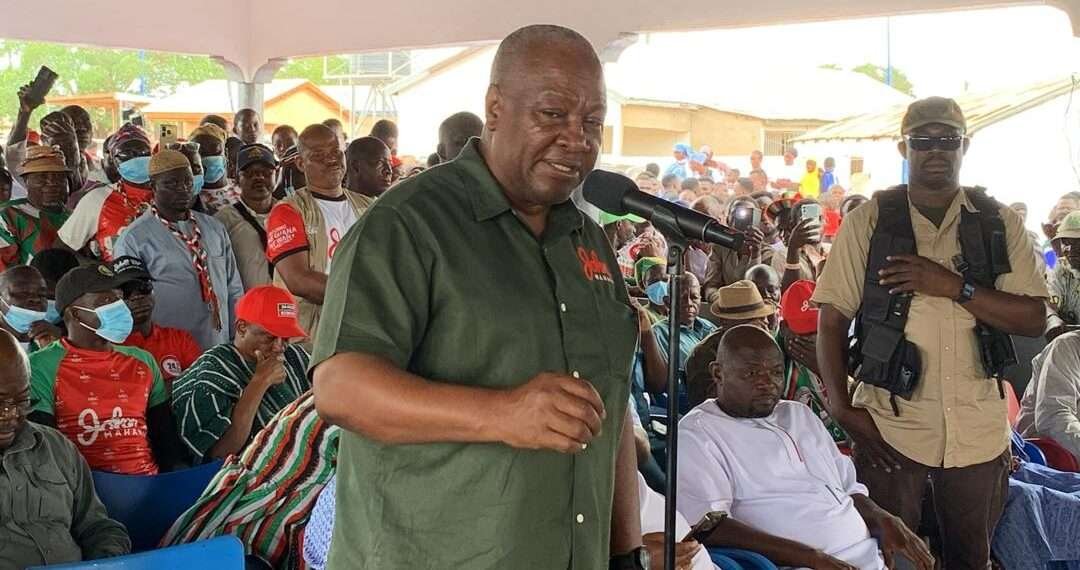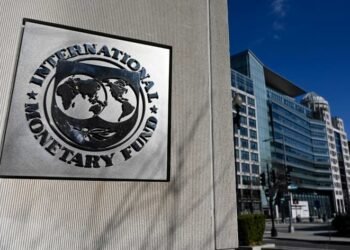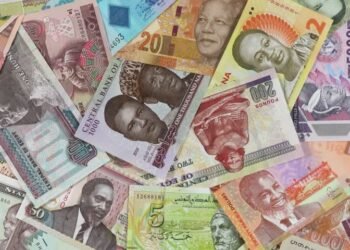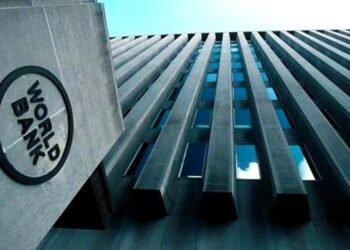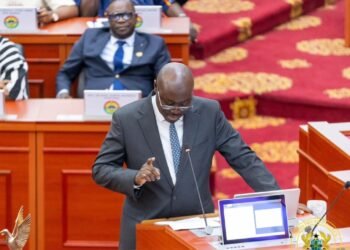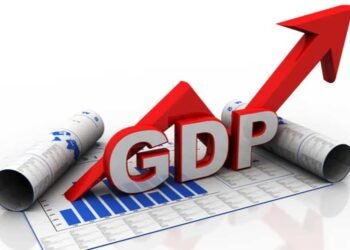President John Dramani Mahama has reaffirmed his administration’s commitment to maintaining fiscal stability without immediately extending Ghana’s ongoing $3 billion Extended Credit Facility (ECF) agreement with the International Monetary Fund (IMF)
. Speaking in an interview with Bloomberg TV at the Munich Security Conference, the President made it clear that the government’s primary focus is on successfully implementing the existing programme.
President Mahama emphasized that his administration is determined to complete the ECF programme as planned, rather than seeking an immediate extension. “We’ve not talked about an extension of the programme. We are determined to continue with this programme,” he stated. The President’s remarks underscore the government’s resolve to adhere to the agreed economic framework and fiscal policies.
While acknowledging that an extension could be considered in the future if necessary, he maintained that such a decision would depend on prevailing economic conditions. “If it’s necessary to look at additional funds or to extend the programme, we’ll look at it, but for now, we are determined to continue on this trajectory,” Mahama asserted. His comments signal a clear intent to maintain financial discipline while ensuring the successful execution of Ghana’s economic recovery efforts.
Ghana’s Economic Stability Strategy
The $3 billion ECF programme, approved on May 17, 2023, is designed to support Ghana’s economic recovery over a three-year period. The agreement includes a range of structural reforms aimed at stabilizing the economy, with a strong focus on fiscal discipline and sustainable debt management.
During discussions with the IMF, the Ghanaian government prioritized key economic measures, including tax rationalization, prudent debt management, and the reinforcement of fiscal discipline. These efforts align with the administration’s broader strategy to steer the country toward long-term economic stability.
Mahama assured that his administration is dedicated to addressing Ghana’s economic challenges within the parameters of the existing ECF arrangement. By staying the course and implementing necessary fiscal policies, the government aims to maximize the benefits of the ongoing programme and ensure sustained economic progress.
Focus on Tax Rationalization and Debt Management
A central component of Ghana’s economic strategy under the ECF programme is tax rationalization. The government is working towards streamlining the tax system to enhance revenue collection while reducing inefficiencies. This approach is expected to improve public finances and create a more predictable fiscal environment.
In addition to tax rationalization, debt management remains a crucial aspect of the government’s agenda. Ghana has faced mounting debt challenges in recent years, and the administration’s priority is to ensure that the country’s debt levels remain sustainable. By adhering to fiscal prudence and efficient debt servicing, the government aims to create a stable economic environment that fosters investor confidence and sustainable growth.
The IMF-backed ECF programme is structured to drive Ghana’s economic recovery by implementing essential reforms that promote macroeconomic stability. The government’s decision to stay the course without immediately seeking an extension reflects confidence in its economic policies and commitment to self-reliance.
Mahama’s administration remains focused on maintaining a balanced approach to economic management, ensuring that growth is achieved while minimizing the need for further financial assistance. By adhering to fiscal discipline and implementing necessary structural reforms, Ghana is positioning itself for a stronger economic future.
President Mahama’s firm stance on not seeking an immediate extension of the IMF programme underscores his administration’s dedication to fiscal stability and economic recovery. His government’s focus on tax rationalization, debt management, and prudent fiscal policies reflects a commitment to executing the current programme successfully.
While future adjustments remain a possibility, for now, Mahama has made it clear that Ghana is determined to navigate its economic challenges within the existing framework of the IMF agreement. This approach signals confidence in the country’s ability to manage its economic affairs responsibly and drive sustainable growth.
READ ALSO: Government Urged to Mitigate Impact of Climate Change in Ghana

